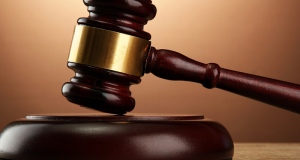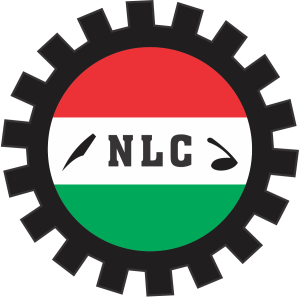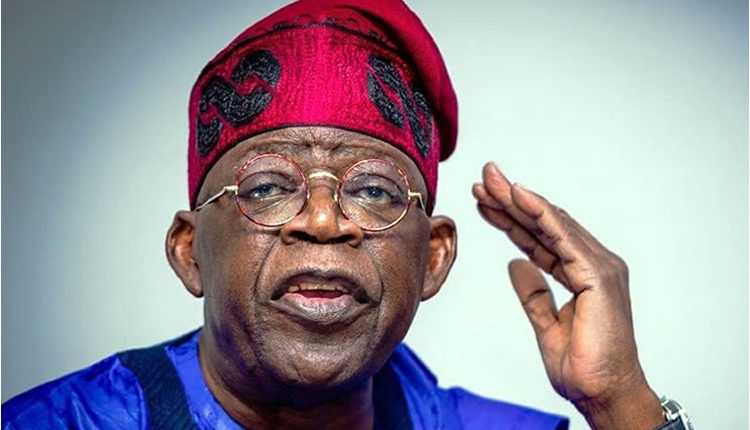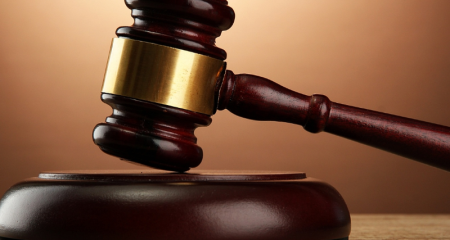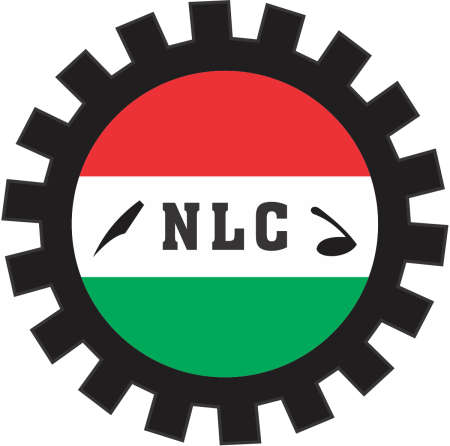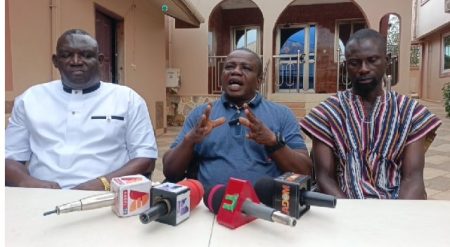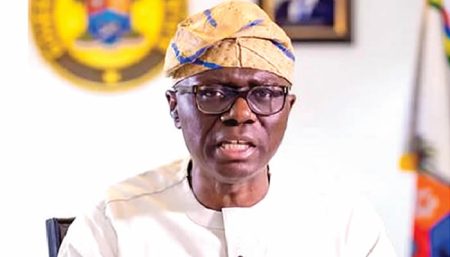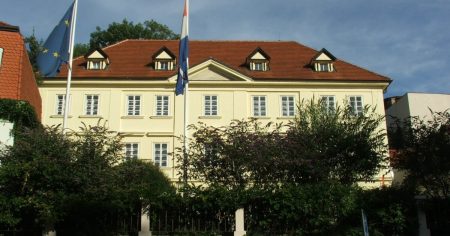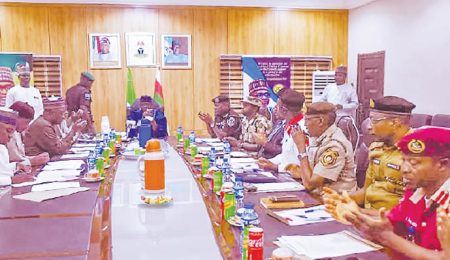Paragraph 1: The All Progressives Congress (APC), Nigeria’s ruling party, convened a crucial emergency National Executive Committee (NEC) meeting on Thursday, August 10, 2023, at the State House Conference Centre in Abuja. Presided over by President Bola Tinubu, the meeting brought together a powerful assembly of party leaders, including Vice-President Kashim Shettima, Senate President Godswill Akpabio, House Speaker Tajudeen Abbas, 24 state governors led by Imo State Governor Hope Uzodimma, and numerous past party leaders. The primary objective of this high-level gathering was to swear in a new national chairman following the resignation of Dr. Abdullahi Ganduje in July 2023. The meeting commenced around 2:15 pm, marked by an opening prayer delivered by House Deputy Speaker Benjamin Kalu.
Paragraph 2: The agenda of the 14th NEC meeting encompassed several key aspects of party affairs. Beyond the swearing-in of the new national chairman, the meeting also focused on paying tribute to the immediate past President Muhammadu Buhari, who passed away on July 13, 2023. A minute of silence was observed in his honour, followed by a tribute session led by former Vice-President Yemi Osinbajo. Osinbajo lauded Buhari’s leadership within the party, particularly highlighting his role in leading the APC to victory in the 2015 general elections. This acknowledgement underscored the party’s recognition of Buhari’s significant contributions to its history and success.
Paragraph 3: Ganduje’s resignation as national chairman due to cited health reasons triggered a fresh wave of internal political maneuvering within the APC. The vacancy reignited agitation, particularly from the North-Central zone, which had previously held the chairmanship position under Senator Abdullahi Adamu before his resignation earlier in 2023. The subsequent appointment of Ganduje, from the North-West zone, further fueled the North-Central’s claim based on the party’s internal power-sharing formula. This situation highlighted the complex dynamics and power struggles within the APC and underscored the importance of the NEC meeting in resolving these internal tensions and reaffirming party unity.
Paragraph 4: The NEC meeting held significant constitutional importance for the APC. As the party’s highest decision-making body between national conventions, its authority and influence are paramount. The NEC’s composition reflects the breadth of the party’s representation, including the President and Vice-President (if members), APC state governors, principal officers of the National Assembly from the APC, members of the National Working Committee (NWC), current and former national officers, state party chairmen and secretaries, and leaders of recognized party organs representing women, youth, and persons with disabilities. This diverse representation ensures a broad range of perspectives are considered in critical party decisions.
Paragraph 5: The NEC holds a wide range of powers, enabling it to address critical party matters and shape its strategic direction. These powers include filling national vacancies, as demonstrated by the appointment of the new national chairman; approving budgets, ensuring financial accountability and resource allocation; altering zoning arrangements, a key mechanism for managing internal power dynamics and representation; and delegating its powers to the NWC when necessary. This last power was notably exercised during the COVID-19 pandemic, granting the then-NWC under Adams Oshiomhole greater authority. However, this period ultimately led to internal conflict and Oshiomhole’s eventual removal, highlighting the potential risks associated with such delegations of power.
Paragraph 6: The APC’s history has been significantly shaped by the decisions and actions of the NEC. Formed in 2013 through the merger of several legacy parties – the Action Congress of Nigeria (ACN), Congress for Progressive Change (CPC), All Nigeria Peoples Party (ANPP), a faction of the All Progressives Grand Alliance (APGA), and the “new PDP” – the APC has utilized the NEC as a critical platform for confirming its presidential candidates. The NEC validated the processes that led to the nominations of Muhammadu Buhari in 2014 and Bola Tinubu in 2022, and it also ratified the formation of the respective presidential campaign councils. This consistent reliance on the NEC demonstrates its pivotal role in ensuring internal party democracy and legitimizing key leadership selections, ultimately contributing to the party’s electoral successes.


